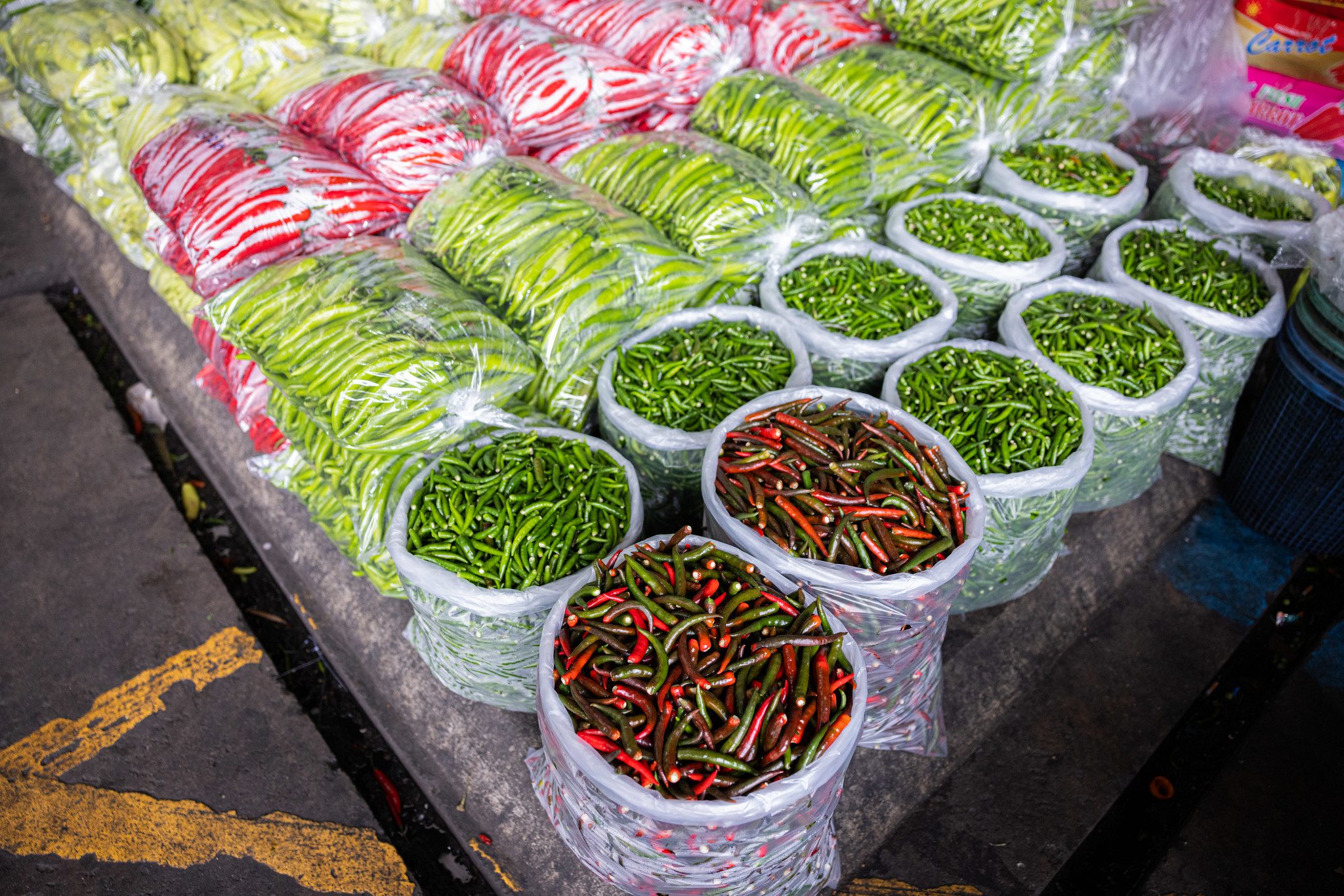
The Global FoodBanking Network
FY25 Annual Report

Around the world, communities are facing unprecedented challenges.
1 in 11 people face hunger.
Economic shocks, conflicts and climate-related disasters are making the problem worse.
At the same time, one-third of all food is wasted, accounting for 25% of solid material in landfills and emitting 10% of the greenhouse gases that cause climate change.
Food banks across the globe are stepping up to meet these challenges.
55 GFN member food bank organizations provided
762 million kilograms of food and grocery products to
38 million people facing food insecurity in
46 countries across
6 continents.
17% increase in food distribution and ensured
58% of all food distributed was highly nutritious.
512 million kilograms of food out of landfills,
while avoiding
1.9 million metric tons of harmful CO2e emissions —
the equivalent of the emissions from 443,000 passenger vehicles in a year.
"Around the world, food banks are meeting the moment in powerful ways — evolving and driving solutions that have an immediate impact and lead to longer-term shifts that benefit people and make their communities more resilient."
Lisa Moon, GFN President and CEO
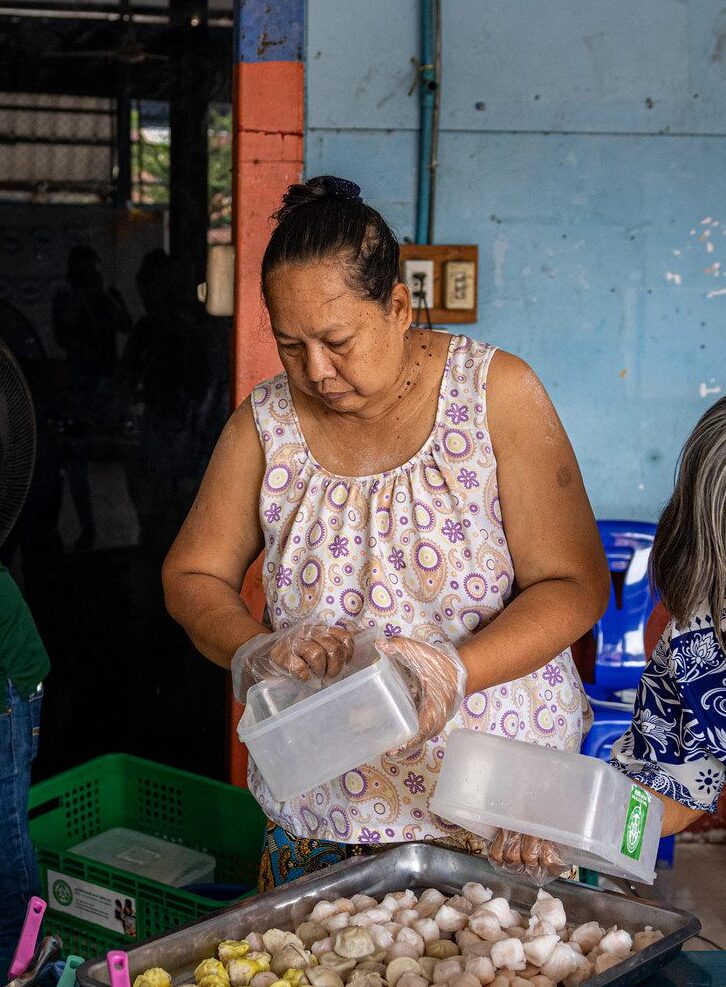
GFN works to advance and support food banks across the globe by providing its members with deep technical expertise in food sourcing, organizational management, logistics, data analysis and fundraising — all essential components of a successful food banking model. GFN food banks benefit from a vast array of resources and opportunities that strengthen and enhance their work, from technical assistance, grants management and research to knowledge sharing, community building and partnership opportunities.

In 2024, GFN strengthened food banks by:
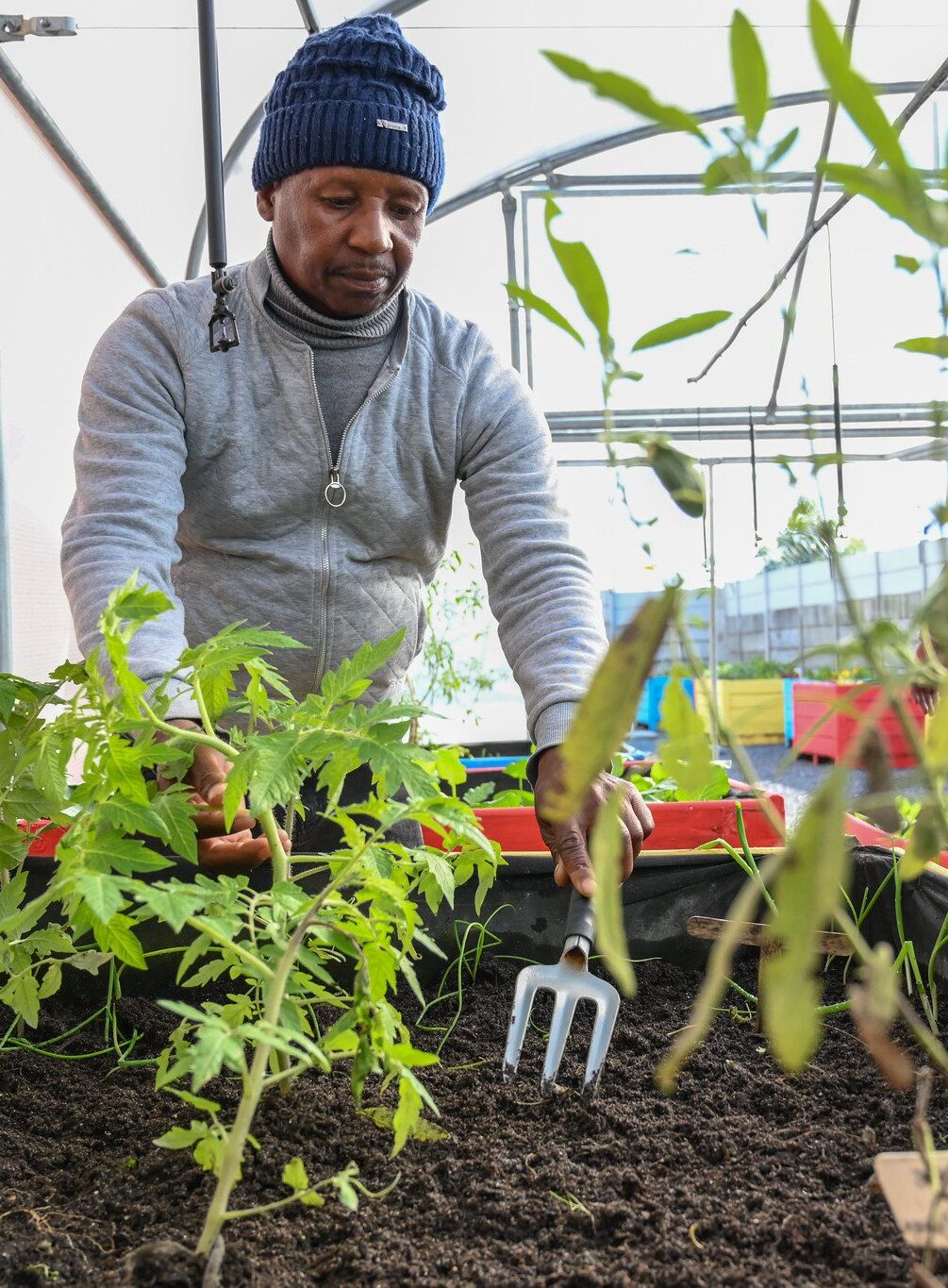
To advance systemic shifts in the food system, GFN works in three main areas: improving the use of data to better measure and reduce greenhouse gas emissions through food banking; supporting government policies that reduce food loss and waste; and promoting business strategies to reduce food loss and waste through donation of more surplus food. Together, these efforts expand food access, reduce emissions, address underlying social and environmental impacts of food waste, and create stronger, healthier communities.

In 2024, GFN spurred food systems transformation by:
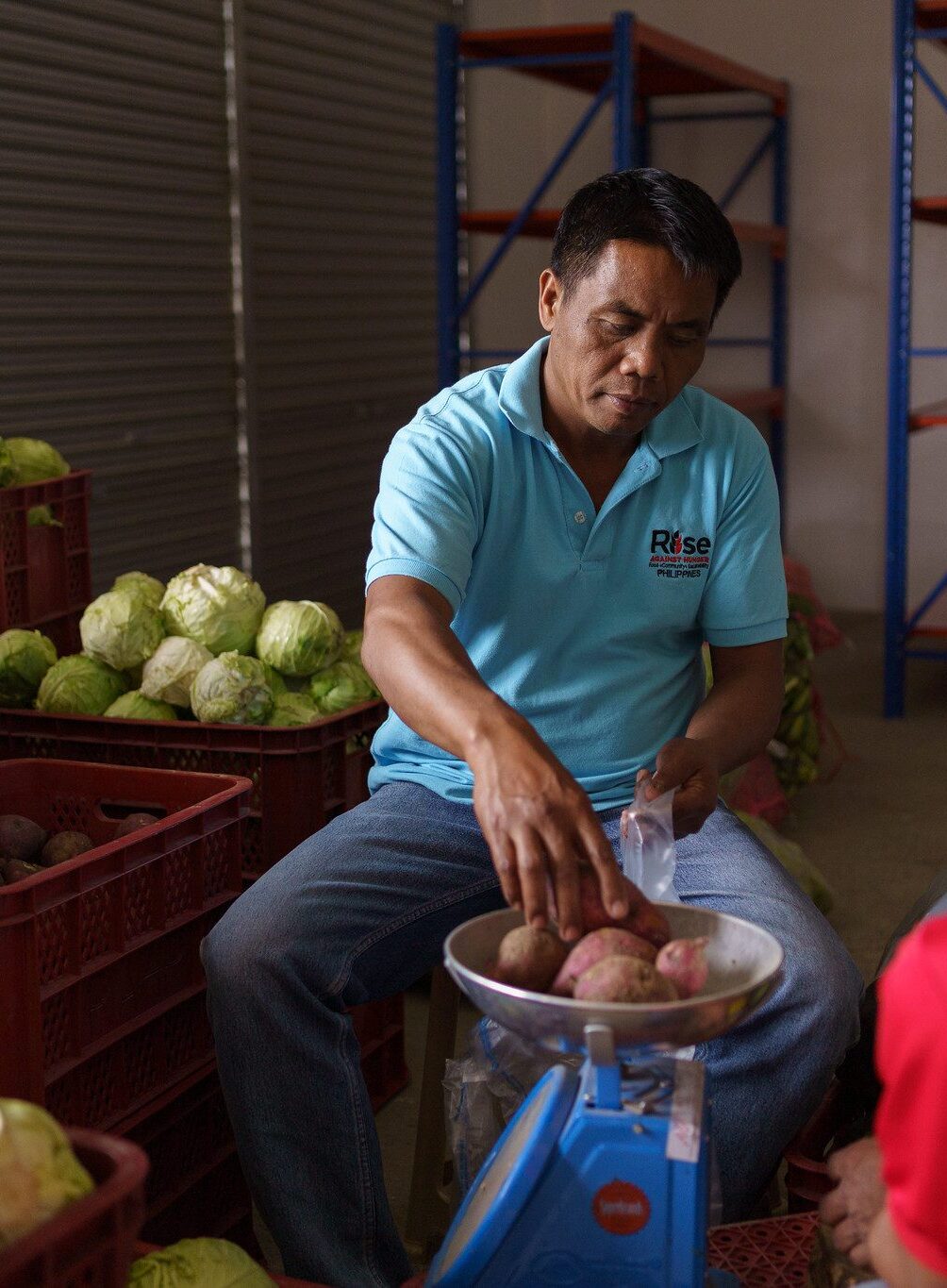
GFN Acelerador program fast tracks food banks, enabling them to scale up their operations and quickly provide vital food relief in their communities. Acelerador participants — currently three in Asia Pacific and six in sub-Saharan Africa — receive intensive technical support and catalytic investment in infrastructure, access to partnerships that ignite growth, and mentorship by experts experienced in food bank operations. GFN adapts the program to meet the needs and dynamics of communities and carries it out through a cohort approach, allowing participants ongoing access to GFN experts, other food banks in the network and partners who are committed to seeing food banking thrive.
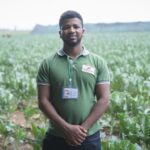
In 2024, GFN accelerated food bank growth by:
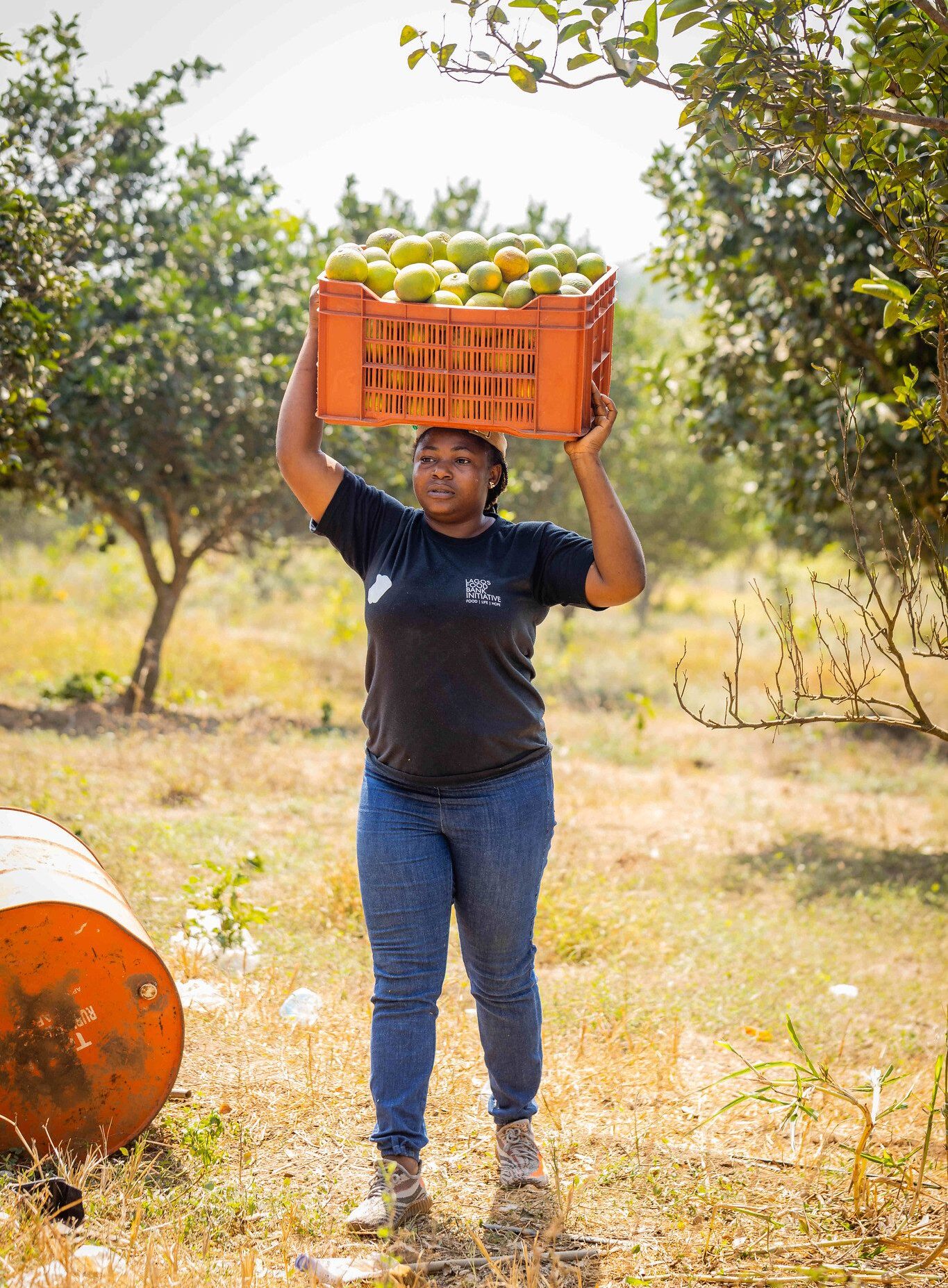
GFN is working to increase the collection and redistribution of nutritious fruits and vegetables by supporting and promoting agricultural recovery programs or partnerships. Food banks work with farmers or markets to collect surplus produce that would otherwise go to waste. Currently, 35 GFN food banks have an agricultural recovery program, and in 2024, 26% of food recovered by the network came from agricultural sources like farms, packhouses and markets. GFN also supports these efforts through skills training, knowledge sharing and financial resources to accelerate adoption and scaling of agricultural recovery programs, especially in emerging and developing markets.
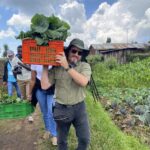
In 2024, GFN expanded agricultural recovery by:
We are so grateful to the many individuals, corporations, foundations and organizations who continue to support our mission.
Because of you our network of food bank partners is touching more lives than ever before and making a real difference in the effort to create a healthier, more sustainable food system.
This work would not be possible without your generous contributions.
"Your commitment ensures food banks around the world can continue to serve their communities and build a more resilient, equitable food system for the future. On behalf of our team and our global network of food banks, thank you for your unwavering support.
Together, we are getting more nutritious food to those who need it most, reducing food loss and waste for a healthier planet, and building stronger, more resilient communities."
Lisa Moon, GFN President and CEO